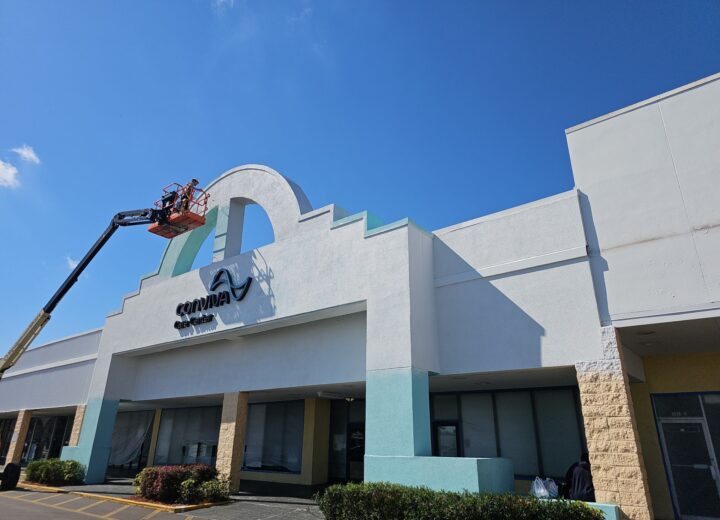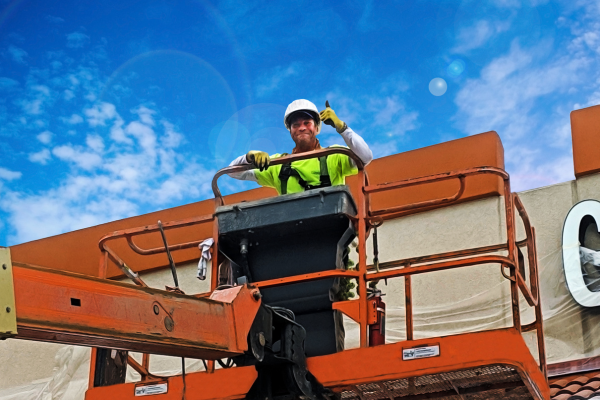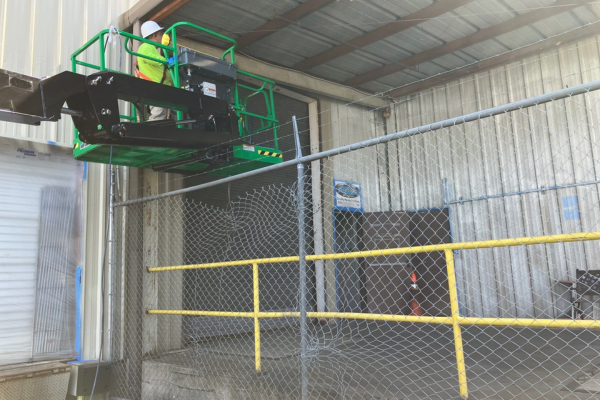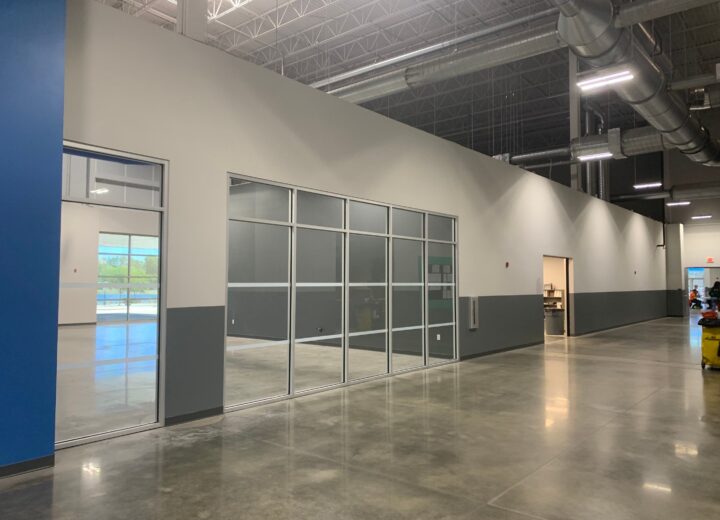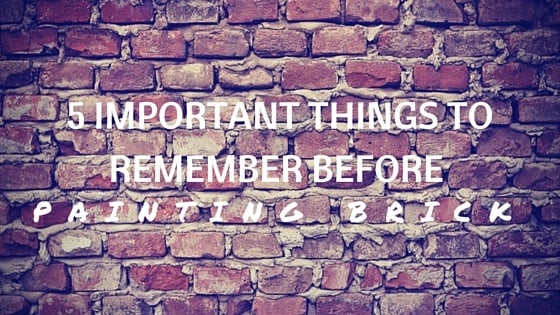
Brick is a wonderful choice to lend a timeless, “earthy” look to any interior or exterior. Thanks to its excellent durability, fire resistance and insulation properties, brick is also considered one of the best building materials in Florida’s hot and humid climate. But because brick is a porous material that absorbs moisture and rainwater, it requires protective coatings to actively prevent moisture and water infiltration along with more serious problems.
A little-known aspect is that sealing or painting brick can be quite a challenging undertaking. In addition to the basic painting skills and tools any DIYer must have to execute a paint job, there are five essential things you need to know before starting your brick painting project.
- Painted brick is relatively permanent
The relative permanence of coatings is a very serious issue to consider prior to painting brick walls. While it’s true that paint can be removed from any surface, including brick, returning brick masonry to its natural beauty usually involves a very complex restoration process. Since restoration work requires expert knowledge, special skills and plenty of experience, bringing brick masonry to its original brick-and-mortar condition may be cost prohibitive for the average homeowner. - Root causes of water damage must be detected and prevented
Before painting over brick, it’s critically important to look for signs of water damage, such as damp spots, mold growth, peeling paint, etc., fix the underlying causes and allow the walls to dry completely. If paint is applied to damp masonry, the water may get trapped inside the wall system. This may cause the new coat of paint to peel off or develop hairline cracks, which will let even more moisture and water in. Inside your walls, the water will travel freely, potentially leading to extensive damage. In order to prevent problems that may occur as a result of applying a product that takes away the ability of the masonry to breathe, our experienced residential painting contractors recommend that you use specialty products that allow water trapped inside the walls to evaporate into the atmosphere, while preventing moisture and rainwater from getting in. Also, if you need to wash wall surfaces before painting, make sure you let them dry for several days before applying the primer. - Efflorescence is a common problem in brickwork
Brick and mortar contain water-soluble salts. As the water evaporates, the salts are left behind on the wall surface. When paint systems are applied to insufficiently prepared brick walls with traces of efflorescence and other loose matter, they’re very likely to fail due to adhesion problems. As experienced paint contractors, we can tell that the success of a paint job depends on how well the surface is prepared and not necessarily on how many coats of paint are applied. Therefore, it’s imperative to thoroughly inspect masonry wall surfaces and remove dust, dirt, efflorescence, mildew, mold and moss prior to applying the primer. - Excessive alkalinity can damage paint
Alkalinity is another serious issue to consider before painting brick. Though bricks are usually neutral, the mortar in which they are set contains certain soluble mineral salts, commonly referred to as alkalis. Free alkalis affect oil-based paint products, eventually leading to the disintegration of the entire paint film – a phenomenon technically referred to as saponification. Applying an alkali-resistant primer is recommended to prevent alkali-based paint failure. - On-going maintenance is necessary
Once you paint brick wall surfaces, you need to repaint them on a regular basis. Though wall maintenance can be annoying, keeping painted surfaces in good condition will provide adequate protection against the elements and prevent the premature degradation of your wall system. Considering Florida’s harsh UV rays, the paint quality and color dictate how often you need to repaint your exterior walls. One way to avoid frequent repainting is to go for a top-quality primer and paint and a light shade, such as off-white, cream, eggshell, vanilla, or ivory.
As a regular DIYer, you may not want to deal with the problems inherent in painting brick. In this case, you need professional help. At Performance Painting Contractors, our experienced painters know what it costs when neglected surfaces get ugly. That said, we always take paint jobs seriously, no matter whether they involve painting brick, stucco, concrete, wood, metal or other surfaces. To allow our professional painting contractors take the stress and guesswork out of painting your home or business, give us a call today at (904)-641-4800.

